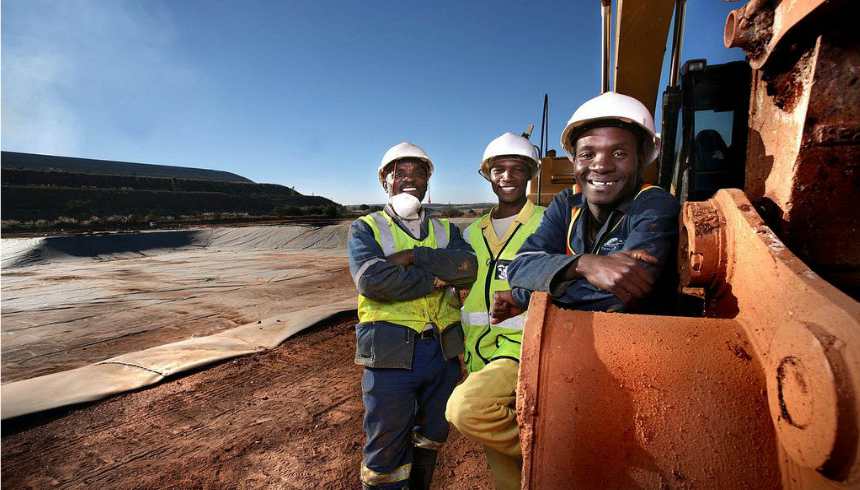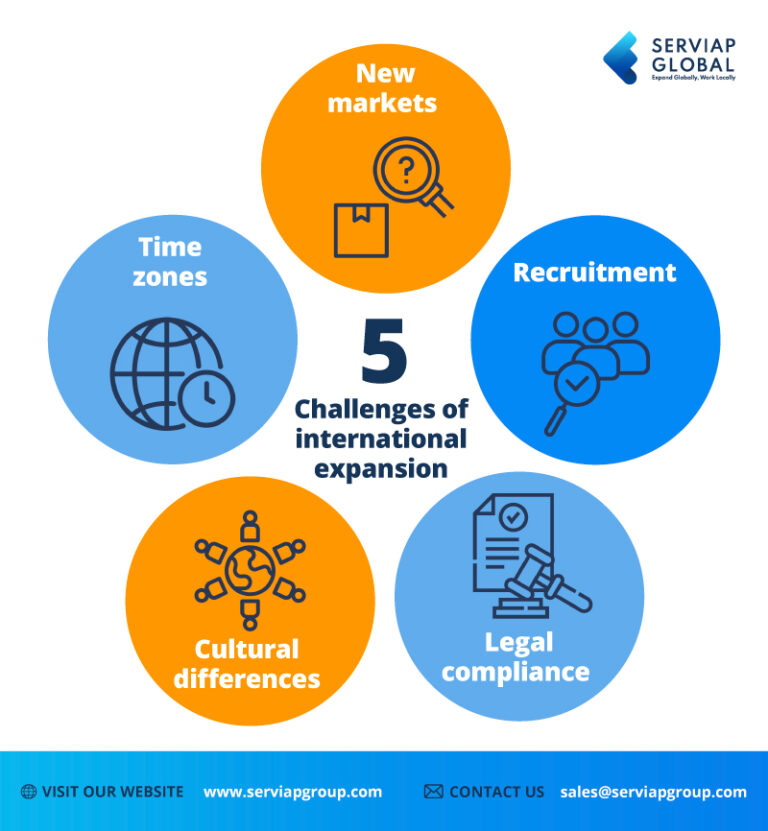Africa Mining Policies 2025: A Turning Point for Local Economies
Africa mining policies are undergoing a radical transformation in 2025 as governments across the continent push to capture more value from their rich mineral reserves. This evolving landscape was at the heart of discussions during the recent London Indaba, where leaders debated how Africa could leverage its vast resources for sustainable growth.
New Regulations Aim to Break Old Patterns
For decades, Africa exported raw minerals with little domestic processing. Now, driven by the ambition to industrialize, many nations are introducing tighter rules to reduce unprocessed exports. Zimbabwe, for instance, has seen substantial Chinese investment in local lithium processing plants since restricting raw exports. By enforcing these policies, governments hope to build industries, create jobs, and strengthen fiscal revenues under new Africa mining policies.
Botswana and Ghana Lead Bold Examples
Botswana’s recent agreement with De Beers places local diamond beneficiation at the core, ensuring diamonds mined there also get polished and graded within national borders. Similarly, Ghana is reshaping artisanal gold by creating a state entity with exclusive rights to buy and export, revoking older licenses. Such steps highlight the determination to embed more value in Africa before minerals leave the continent.
Geopolitics and China’s Expanding Role
The new Africa mining policies are emerging just as global powers scramble for critical minerals needed in energy transitions. China already dominates rare earth processing and holds vast cobalt interests in the DRC. It’s developing models like the “Hunan framework” to deepen ties, blending trade, infrastructure, and political alignment with African partners — especially in countries like Zimbabwe and Tanzania. This geopolitical dimension means Africa holds bargaining chips that could shape the next decades.
Investors Want Predictability, Not Just Opportunity
Despite promising prospects, industry leaders at the London Indaba warned that without clear, stable regulations, ambitious Africa mining policies may backfire. Countries like Mali, tightening their mining codes aggressively and arresting foreign executives, risk driving investment elsewhere. Investors today emphasize “three Ps”: predictability, pragmatism, and partnerships — essentials for long-term commitments in Africa’s resource-rich terrain.
Regional Examples Show the Need for Balance
South Africa is weighing new legislation to boost processing of critical minerals, keen to avoid merely shipping out raw ore. However, experts caution that success hinges on consistent enforcement and meaningful dialogue with private players. As regional business monitors also note, Africa stands to gain immensely if these shifts are managed with foresight and collaboration, not just tough new rules.
Local Processing Could Redefine Africa’s Economic Future
The shift in Africa mining policies isn’t just about quick gains. By forcing more minerals to be processed locally, African nations aim to lay the groundwork for manufacturing ecosystems that could employ thousands and spur ancillary sectors. The hope is to transition from a supplier of raw commodities to an integrated hub for advanced products like batteries and tech components.
Risks of Overplaying Leverage in Mining Talks
Speakers at the London Indaba warned that while Africa’s resources give it leverage, overestimating this power could deter crucial investors. For beneficiation strategies to work, strong institutions, transparent contracts, and reliable arbitration systems must be in place. Without these, companies may prefer safer jurisdictions, even if Africa’s reserves are richer.
Partnerships: The Only Sustainable Path Forward
Industry veteran Ronak Gopaldas stressed that sustainable success depends on the “three Ps”: predictability, pragmatism, and partnerships. The evolving Africa mining policies need to focus on long-term collaboration rather than confrontational bargaining. Investors are increasingly willing to invest in local value chains if governments offer consistency and fair incentives.
Lessons from Indonesia’s Nickel Ban
Several African officials look to Indonesia, whose nickel ore export ban spurred massive local investment. But experts at the Indaba cautioned that Africa’s institutional environment is different. A direct copy might fail without tailored approaches that consider local legal frameworks, labor markets, and community buy-in. Strategic nuance is vital for Africa mining policies to deliver real benefits.
Building Trust with Local Communities
Beyond laws and incentives, the conference highlighted a crucial aspect often overlooked: trust. If local communities don’t see tangible benefits — jobs, infrastructure, fair compensation — tensions can derail even the best policies. Many urged governments to keep community interests central in the new Africa mining policies, ensuring mining becomes a driver of inclusive growth rather than just elite gain.
Technology’s Growing Impact on Africa’s Mining Policies
The surge in Africa mining policies also coincides with rapid technological advances that could redefine extraction and processing. From AI-driven exploration to blockchain-backed supply chains, digital innovations promise to make African mining more transparent and efficient. Countries embracing these tools may leapfrog older industrial models, attracting tech-savvy investors keen on traceable, ethically sourced minerals.
Building Skills to Support Local Processing
However, local beneficiation efforts hinge on a skilled workforce. Several African governments are partnering with universities and technical colleges to tailor curricula for mining engineering, metallurgy, and maintenance. As Africa mining policies pivot toward local processing, human capital development is becoming a priority to avoid importing expertise that drains revenues offshore.
Environmental Considerations Take Center Stage
No conversation about Africa mining policies is complete without addressing environmental stewardship. With global consumers demanding greener supply chains, Africa’s new regulations are increasingly incorporating safeguards against deforestation, water contamination, and carbon emissions. This trend suggests that sustainability isn’t just a Western agenda—it’s becoming a competitive edge for African producers too.
Development Banks Play a Quiet Yet Powerful Role
Finally, multilateral lenders and development banks are quietly shaping Africa mining policies by attaching environmental and governance conditions to funding. Large-scale mining ventures often rely on syndicated loans where compliance with international best practices is non-negotiable. This financial influence is nudging governments to align new policies with global standards, ensuring Africa’s mining boom is also responsible and inclusive.
Conclusion: Can Africa Rewrite Its Mining Story?
The evolving Africa mining policies offer the continent a chance to move from being a passive raw exporter to a proactive industrial powerhouse. But achieving this requires more than rules — it demands building confidence among global investors, local businesses, and communities alike. As highlighted by African Business, Africa stands at a crossroads: it can seize this moment to redefine its economic destiny or risk repeating old cycles under new banners. With balanced policies, strategic partnerships, and unwavering focus on shared prosperity, Africa’s mining sector could indeed become the bedrock of a transformative new chapter.




